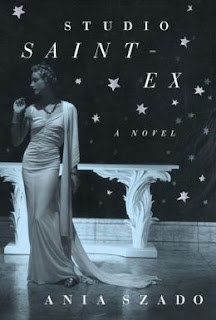Tova Mirvis
Tova Mirvis is the author of three novels, Visible City, The Outside World and The Ladies Auxiliary, which was a national bestseller. Her essays have appeared in various anthologies and newspapers including The New York Times, The Boston Globe Magazine, Commentary, Good Housekeeping, and Poets and Writers, and her fiction has been broadcast on National Public Radio. She has been a Scholar in Residence at the Hadassah-Brandeis Institute at Brandeis University, and Visiting Scholar at The Brandeis Women’s Studies Research Center. She lives in Newton, MA with her three children.

In “Visible City,” unlike your previous novels, Judaism isn’t a central theme. What took its place in this book?Visit Tova Mirvis's website and Facebook page.
To write a novel, (especially to write a novel while you have three kids!) you have to be really obsessed and consumed by a subject; it has to pull at you all the time. With my first two novels, “The Ladies Auxiliary” and “The Outside World,” I wanted to explore issues of belief and doubt, and the tensions between community and individuality, tradition and modernity. On a personal note, those books were a way for me to grapple with my own upbringing and life as an Orthodox Jew.
When I started writing “Visible City,” those themes were not at the forefront of my mind. Rather, what kept me writing and thinking for so many years, was the question of how we imagine other people’s lives, how we create narratives about other people we watch or know just casually, and then, what this tells us about our own lives.
This idea is so apt right now, as we live with the complicated feelings that social media breeds–when we compare our parenting or our marriage or our work to those carefully crafted lives that people present on Facebook and Instagram, etc.
I’ve always been fascinated by the way we imagine other people’s lives–and how this reveals our own longings and insecurities and desires. I feel like motherhood especially invites us to look at other people, usually with self-doubt. When I was a young mother in Manhattan, I knew only one thing for certain: whatever...[read on]
Writers Read: Tova Mirvis.
The Page 69 Test: Visible City.
--Marshal Zeringue









